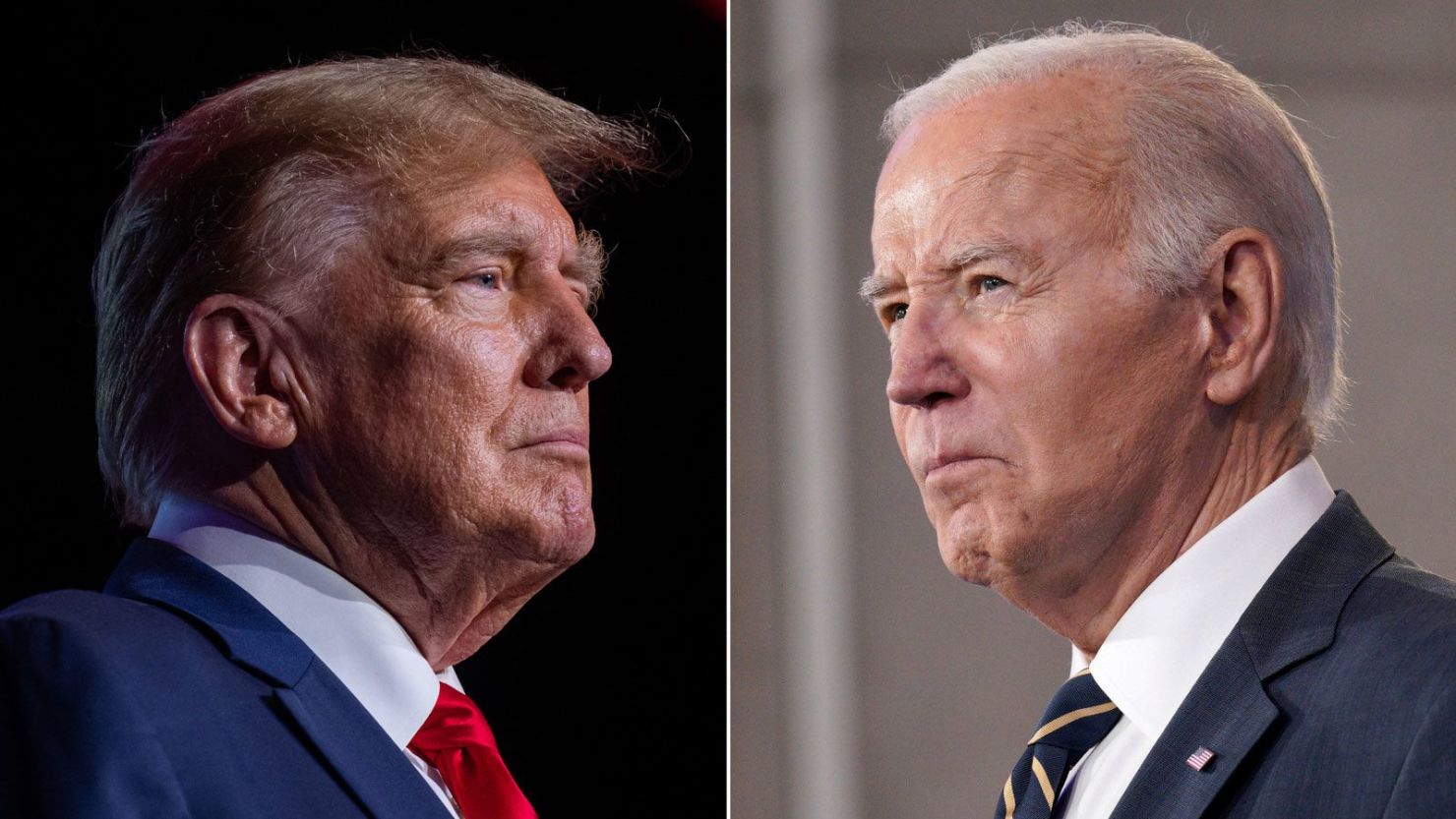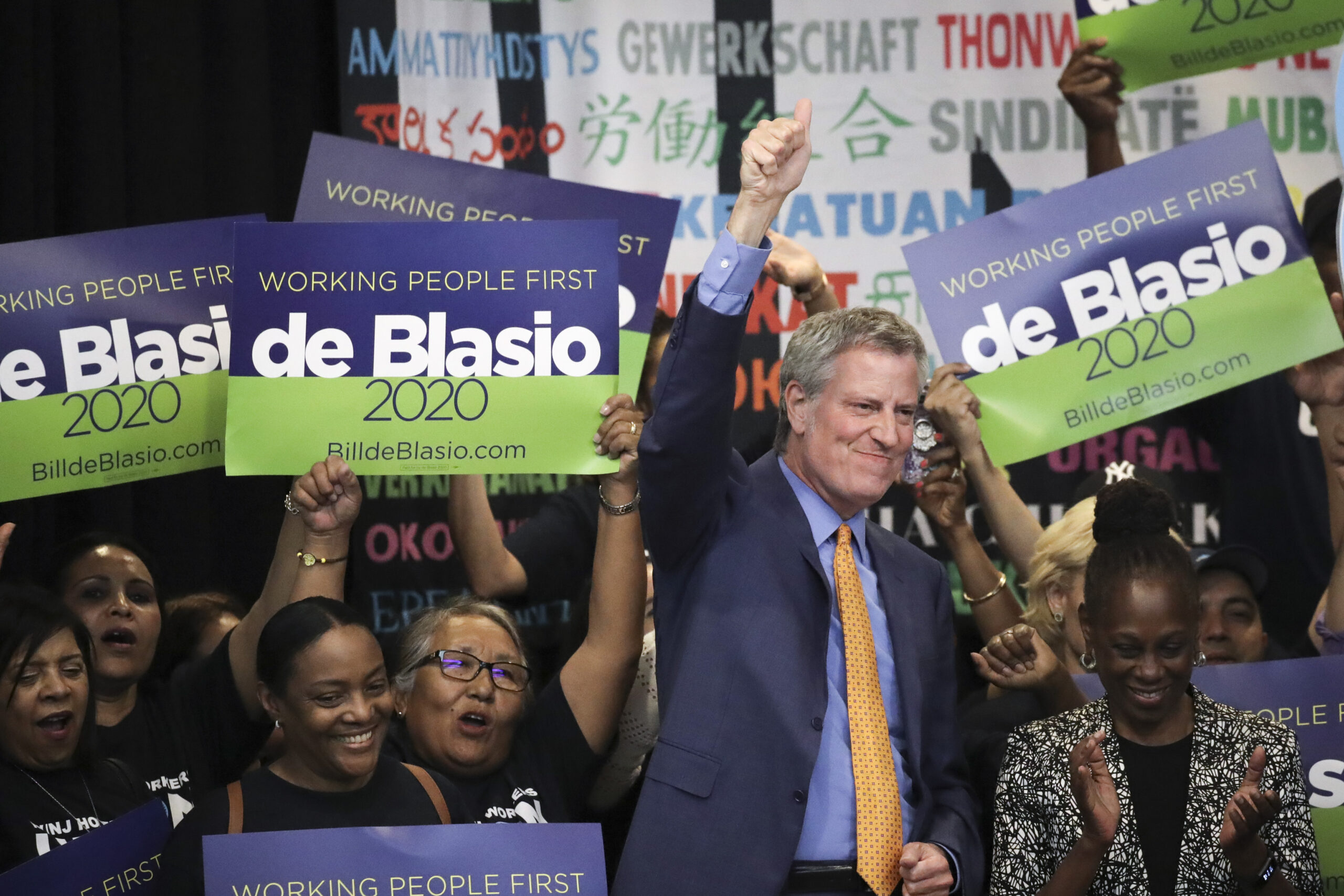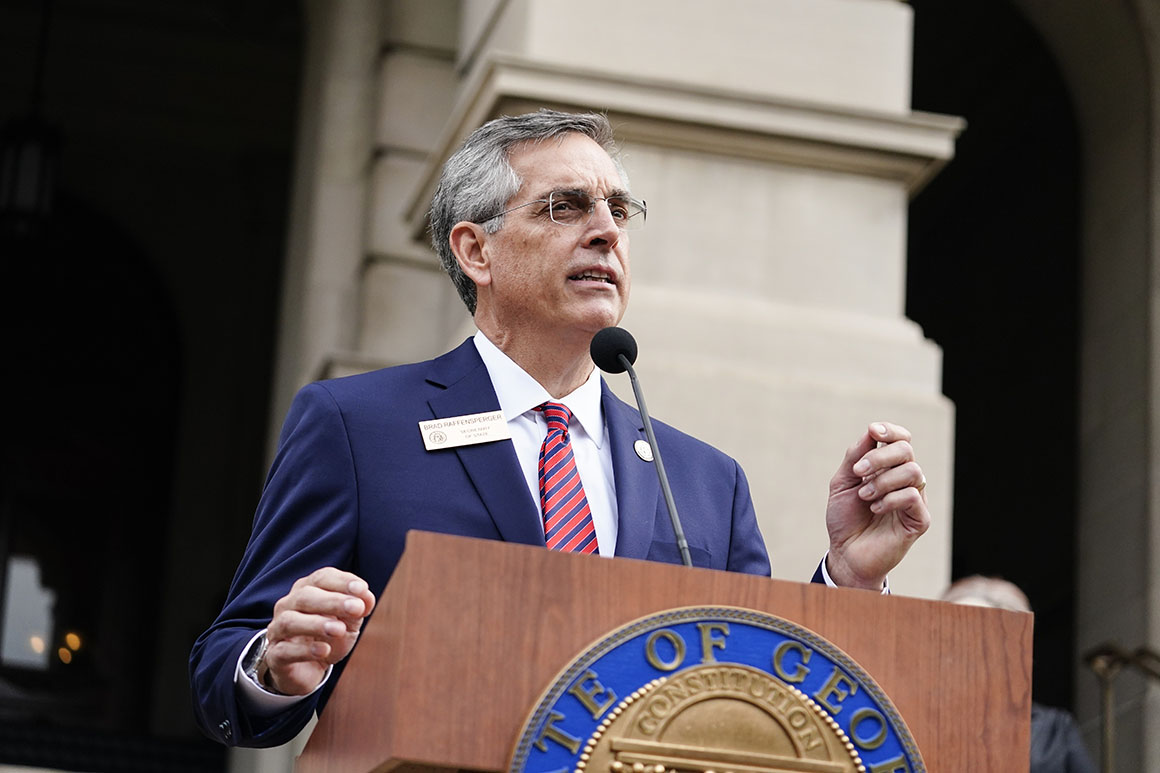The United States seems caught in a perpetual political reset, where each new president works tirelessly to dismantle the legacy of their predecessor. President Donald Trump’s latest term is no exception, as he kicks off his second stint by rolling back key policies from President Joe Biden’s administration.
On his very first day back in the Oval Office, Trump made headlines by issuing mass pardons for individuals charged in the January 6 Capitol riots and challenging the constitutional guarantee of birthright citizenship—a move that has already sparked legal battles. Beyond these bold strokes, his administration has quickly moved to erase Biden-era policies, from immigration reforms to climate initiatives and federal diversity programs.
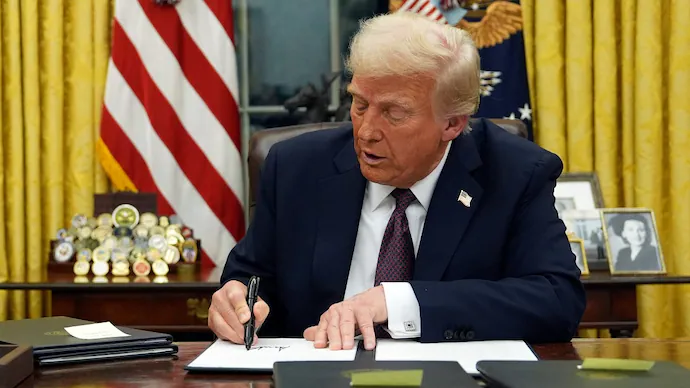
This pattern feels all too familiar. When Biden took office in 2021, he swiftly reversed many of Trump’s policies, focusing on restoring environmental protections, expanding government diversity efforts, and rolling back hardline immigration measures. Now, Trump is doing the same, effectively turning Biden’s presidency into a mere interlude between two Trump terms.
Even the symbolic is not spared. Trump is reviving debates over whether Alaska’s iconic peak should be called Denali, as President Obama renamed it, or revert to Mt. McKinley, honoring a long-dead Republican president. This battle over a mountain’s name mirrors the larger, more impactful policy zigzags that have defined recent administrations.
Climate Commitments: In, Out, and In Again
The U.S.’s commitment to addressing climate change has become a political seesaw. The Paris Climate Agreement is a case in point:
- Obama joined the accord in 2016.
- Trump pulled the U.S. out in 2017.
- Biden rejoined in 2021.
- Now, Trump is pulling the country out again, arguing that America bears an unfair share of the burden.
This back-and-forth mirrors an even older pattern, dating back to when President Clinton signed the Kyoto Protocol, only for President George W. Bush to withdraw the U.S. from it.
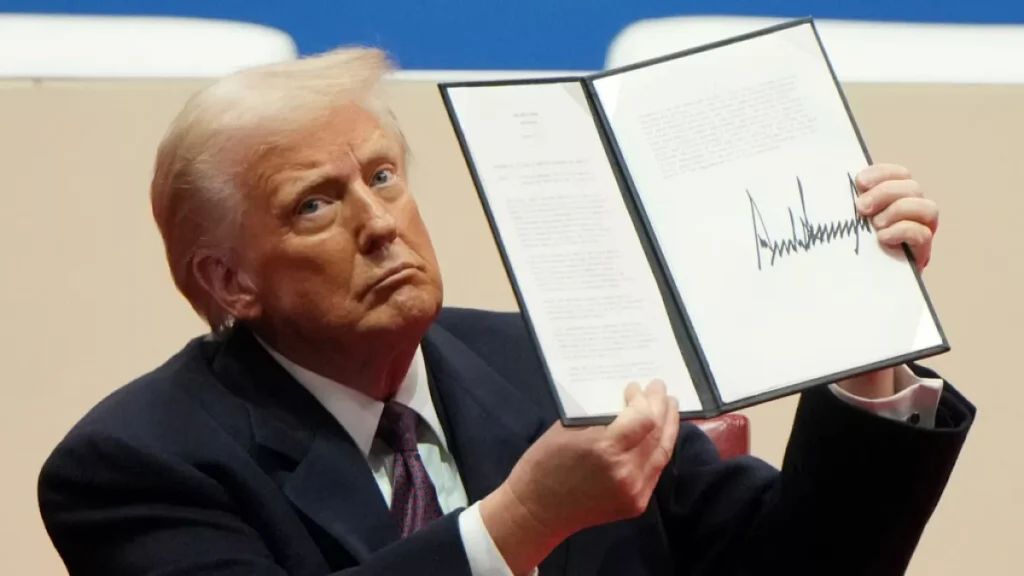
The World Health Organization has also been a casualty of this political whiplash. Trump began withdrawing the U.S. from the WHO during his first term, only for Biden to rejoin. Now Trump is restarting the departure process, framing the move as a stand against overspending compared to China’s contributions.
On energy, the tug-of-war continues. Trump aims to undo Biden’s bans on offshore oil drilling while halting efforts to promote wind energy. Electric vehicles, once championed under Obama, face regulatory rollbacks despite the auto industry’s steady pivot toward EVs, largely independent of government mandates.
Even within the federal bureaucracy, Trump is reviving “Schedule F,” a controversial classification of federal employees to make it easier to fire those in policy-making roles. Critics argue this could undermine a merit-based civil service and turn the government into a patronage system.
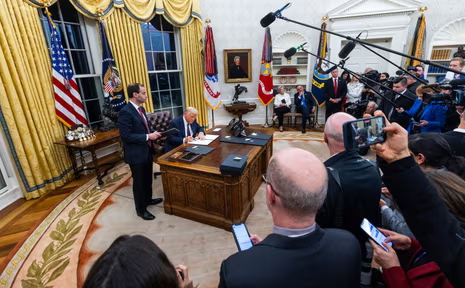
This cycle of undoing raises questions about the U.S.’s ability to maintain long-term policy consistency. From immigration to climate and trade, the constant back-and-forth leaves the country in a state of flux, with little room for lasting progress.
While some of Trump’s actions seem aimed at cementing his influence, others, like his tariff threats against Canada and Mexico, appear to challenge even his own earlier achievements. For Americans, the result is an endless loop of policy changes, leaving voters wondering when—or if—stability will return.


